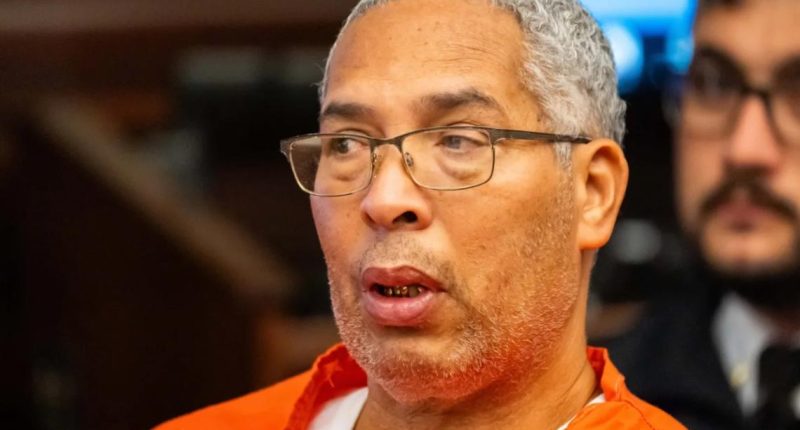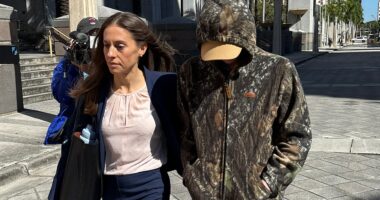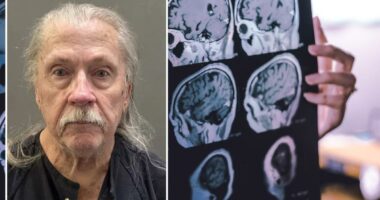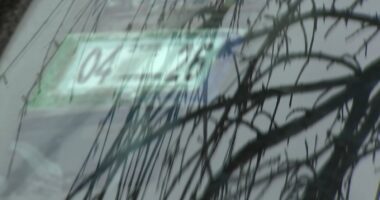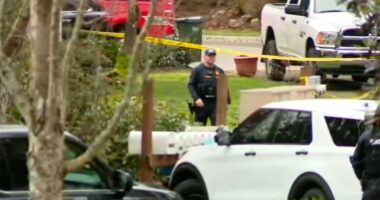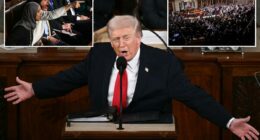Share this @internewscast.com
Five days following the signing of Michael Bell’s death warrant by Gov. Ron DeSantis on June 13, his legal team submitted a 252-page request for post-conviction relief.
JACKSONVILLE, Fla. — A quick judgment was made by the judge to reject any stay of execution for Michael Bernard Bell on July 15 or to consider new claims, three decades post his conviction in Jacksonville.
The reasoning of Judge Jeb Branham, just a day after Bell’s June 24 evidentiary hearing, was largely based on the untimeliness of the claims and the failure to satisfy the burden of proof. Of the six individuals from his initial trial who testified at this hearing, none provided compelling evidence to suggest they had been pressured by investigators or prosecutors to provide false testimony. In fact, most frequently responded with “I do not recall” or opted to plead the Fifth Amendment to avoid testifying.
Five days after Gov. Ron DeSantis signed Bell’s death warrant on June 13, his defense team filed a 252-page motion for post-conviction relief largely on the basis that the late Detective William Bolena and retired prosecutor George Bateh coerced witnesses through unethical means on how to falsely testify against to Bell’s detriment. Bell is now 54.
What did Michael Bell do?
Bell was convicted two years after gunning down 22-year-old Jimmy West and 18-year-old Tamecka Smith in a car outside Moncrief Liquors in 1993, believing West was the man who killed Bell’s brother earlier that year.
Prosecutors said Bell had publicly swore to avenge his brother’s death and plotted it for months. Theodore Wright had killed Lamar Bell in June 1993 in self-defense, according to court records.
That Dec. 8, Bell bought an AK-47 rifle through a girlfriend and then waited the next night outside the lounge after locating the yellow Plymouth. He opened fire on the young couple who got into the car and at bystanders. But Wright had sold the car to West, his half-brother.
Bell was arrested in 1994 and convicted for the murders in 1995. He later pleaded guilty to three other murders ― a woman and her toddler son in 1989 and his mother’s boyfriend about four months before the West-Smith shooting ― and was sentenced to 25 years in prison, according to court records.

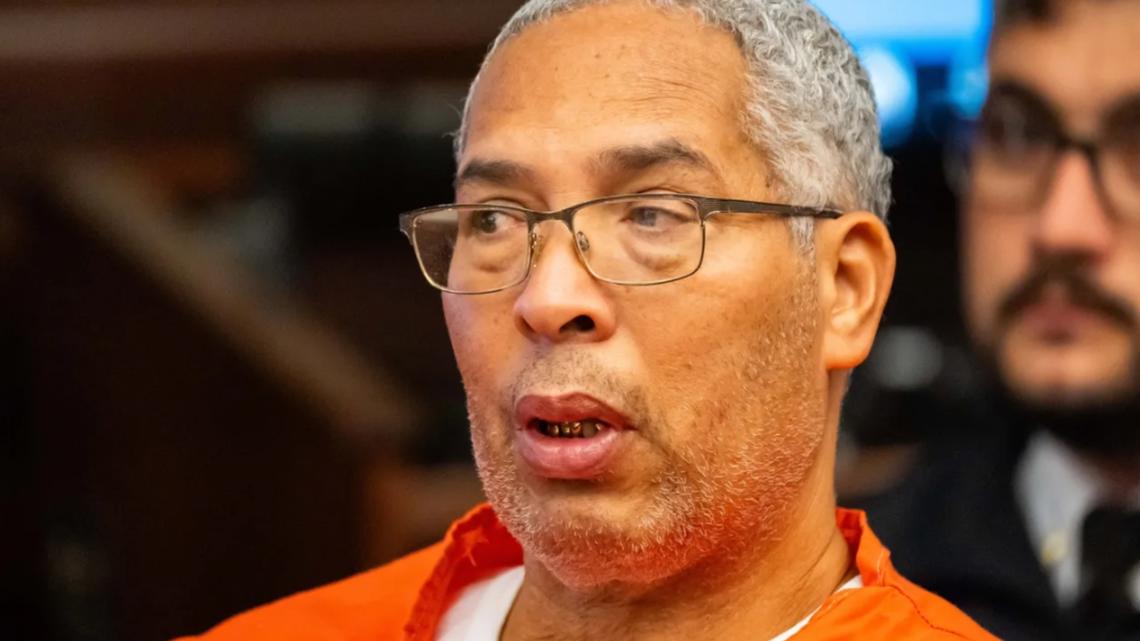
What happened at Michael Bell’s appeal?
The defense contended that it was just made aware of new admissions from witnesses, particularly two men who were in jail at the time of the trial and who signed affidavits for the new hearing ― Henry Edwards and Charles Jones.
But in court on June 23, Edwards said he thought the whole thing with the investigators and affidavit was for a movie and he just signed it to go along with them. Jones, meanwhile, was mostly uncooperative.
“At the evidentiary hearing, Henry Edwards not only stood by his trial testimony, but also directly stated that the contents of the affidavit were not true,” Branham’s 18-page ruling said. “… Edwards’ failure to recant his previous testimony under oath at the evidentiary hearing is ultimately fatal to defendant’s claim.”
Jones did testify that his sister was in a relationship with the detective around that time and confirmed he signed the affidavit.
“As to any other questions, especially about the content of the affidavit, Mr. Jones invoked his right against self-incrimination,” the ruling said. “Accordingly, Jones did not recant and did not testify, leaving the court nothing to evaluate the credibility of. Like the Edwards claim, this claim fails because Jones was not willing to testify to any of his alleged recantations and, thus, defendant has failed to meet his burden of proof.”
One by one the judge used this same failed burden of proof assessment to deny the defense’s other witnesses ― Bell’s aunt Paula Goins, his girlfriend at the time Erica Braclet and previous inmates Ned Pryor and Dale George.
What was the judge’s conclusion for Michael Bell’s appeal?
Bell’s team made additional arguments that Branham denied. But here’s is what he concluded about the witness coersion allegations:
A common theme with all of defendant’s newly discovered witnesses is that they all allegedly made incredible statements to investigators for defendant’s federal counsel, after the death warrant was signed, about systemic prosecutorial misconduct that resulted in all their trial testimony did not support defendant’s allegations.
The testimony did not demonstrate prosecutorial misconduct, but rather that the state leveraged the law permissibly to prosecute defendant’s crimes. Although defense counsel insisted the testimony established newly discovered impeachment evidence, the coercion evidence could have been discovered with due diligence.
These are all witnesses with some relation to defendant, it is reasonable that procuring their testimony might require some convincing. None of the testimony brought out at the evidentiary hearing demonstrates the state’s actions were of such a threatening nature that they amounted to the prosecutorial misconduct necessary to warrant relief.
Further, even if all this suggestion of supposed threats had been presented at trial, defendant has failed to connect how the credibility of these witnesses is weakened. Defendant never makes the connection that the witnesses embellished or fabricated their testimony to avoid these threats.
On the contrary, it appears all of them were appropriately aware of how important testifying truthfully was. Accordingly, to the extent it was not discussed before, the court finds defendant has failed to prove this evidence, both individually and cumulatively, is of such a nature that there is a reasonable probability of a different outcome had he known about it.
Editor’s note: This story was first published by our news partners, The Florida Times-Union.
